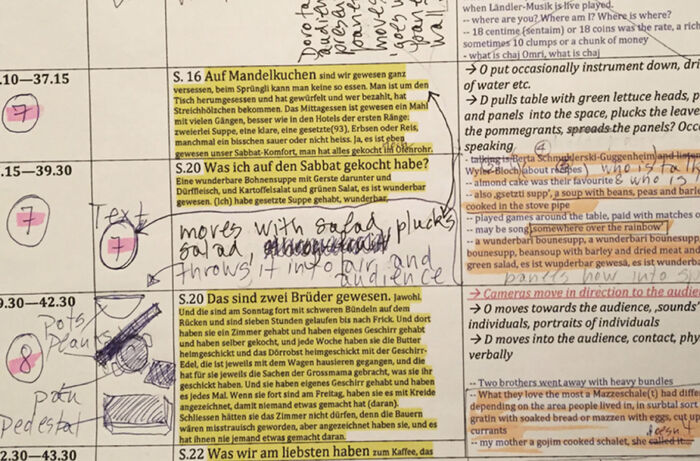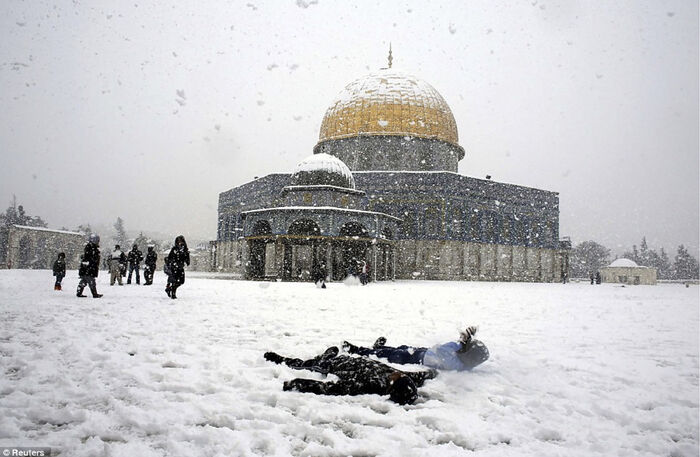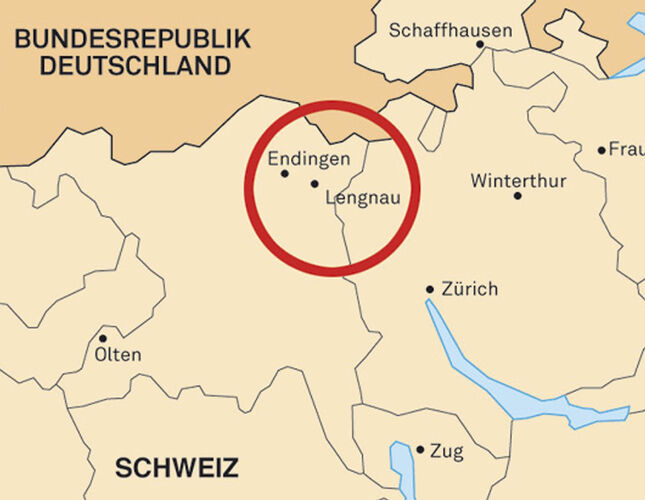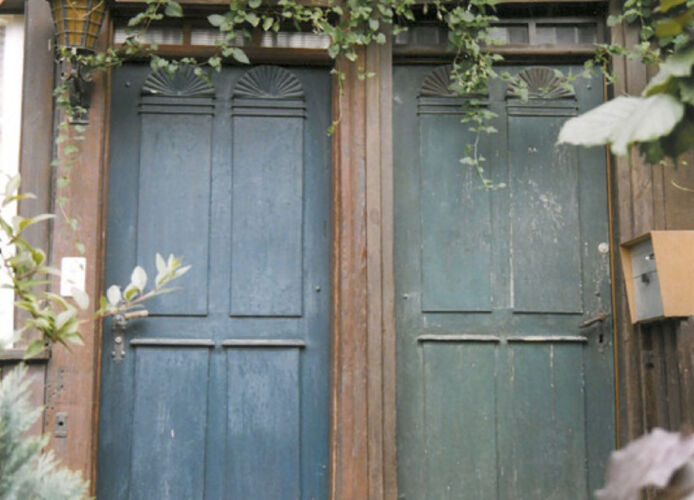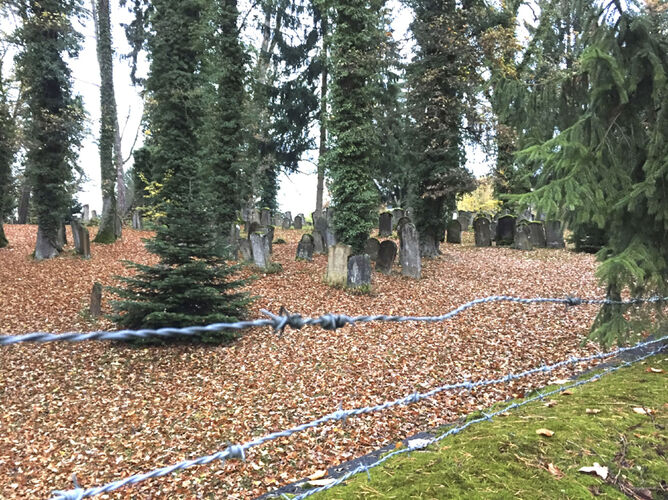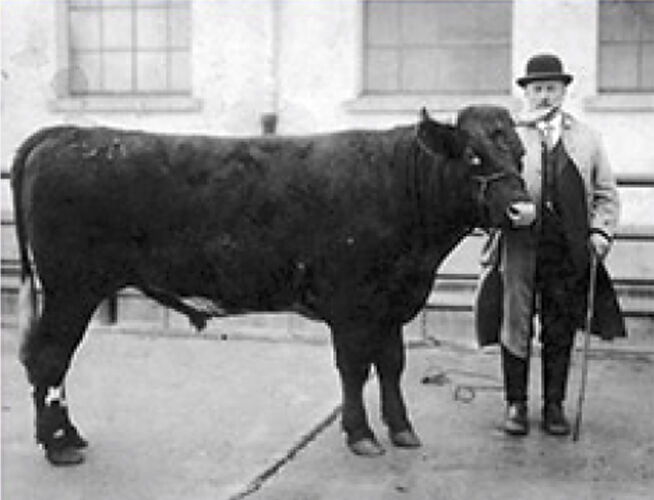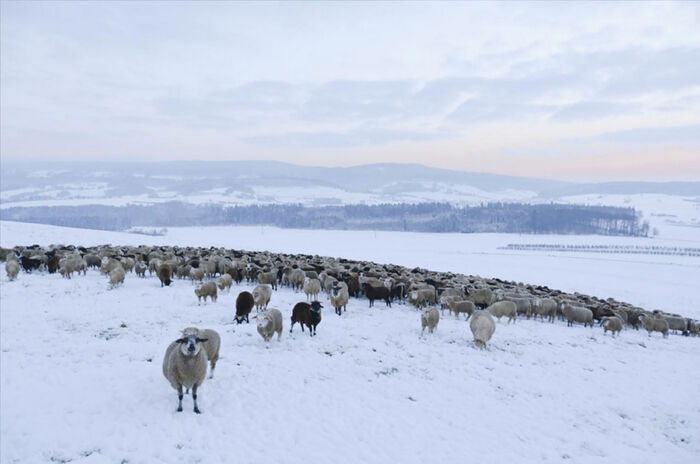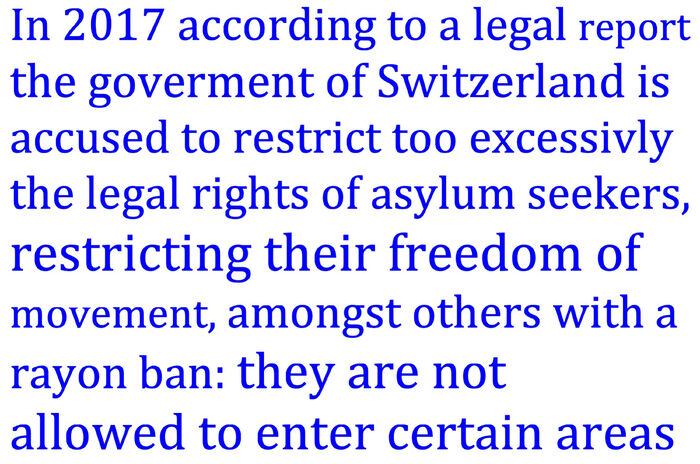Eifo At/a | Eifo Ani — Where are You | Where am I
skype performance between Zurich and Jaffa Tel Aviv and Jerusalem
* 1 + 2 from the script | 3—10 performance panels *
project report by Dorothea Rust & Omri Ziegele
the outset and context of the project
In 2016 Dorothea Rust got an invitation by Room Dances Festival for it’s 29th edition in December 2017. The innovative festival was founded in 1998 by Amos Hetz, (founder and head (until 2002) of the Department of Movement and Movement Notation at the Jerusalem Academy of Music and Dance, teaching, lecturing and performing in Israel and abroad). For the past 29 years, the festival’s aim has been: to create a space in which exposed encounters between artists, their creations and audiences can take place and to focuse on strictly innovative and new productions and international collaborations.
Dorothea has a memory and experience of being in Israel at different occasions and venues: 1977 travelling through Israel, 2001 participating at Room Dances Festival in Tel Aviv, Jerusalem and in a Kibbutz up North in Israel, 2012 participating at ZAZ Festival — Performance Art Platform in Tel Aviv Bus Station and in Haifa at Tveria 15, The Hadar Community Center.
The impetus for Dorothea to go to Israel and participate in the festival in 2017 was to find a substantial link between Israel and Switzerland for the content of an art-dance-music-performance project. In 2016 Dorothea saw a short performance by Omri Ziegele with the Surbtal Yiddish an extinct swiss dialect. Omri worked with the sounding of the language. Dorothea wanted to know and learn more about the context of this Swiss dialect. Also knowing that Omri has Jewish background and ancestors who grew up in the Surbtal, Dorothea invited Omri to collaborate and perform for the occasion of this festival. In order to develop a collaborative evening-length work, both of them made (further) research into the traces of Surbtal Yiddish. Thereby they could relay on the experiences of their long term collaboration, Dorothea also onto her congenial collaboration in solo projects with the media specialists Petit Grégoire Videolabor.
the project's basic material
revolves around sounds, voices and movements from the past, from the childhood into the present, according to the festival’s ‘Leitmotiv’ / guiding theme ‘Why Music?’. Dorothea & Omri are looking for sparks in movement and sound which arise from a hidden memory linking to art and folk dance movements, everyday and mainstream expressions in music and dance. A strong impact onto the performance has the attention to the extinct Yiddish language of a small Jewish community near Zurich, in Aargau, a Canton in northern Switzerland. It puts light onto the history and facts that from the 17th to the mid-19th century this was the only area of the permanent Jewish settlement in Switzerland; the Jews lived in the Surbtal in the two communities of Endingen and Lengnau, from where they directed the struggle for the emancipation of Jews in Switzerland. The performers are asking themselves what the sound of (this) language is. ‘What do we hear, how does it resonate today on a physical and verbal level and in a metaphorical sense? What do we do with it, what does it do to us?’ The isolation of this Jewish community in the past, and it’s dialect which had developed over time, could raise issues relating to realities immigrants are facing today and other people who have been isolated from a central society, experiencing situations of alienation. The live-streaming aspect of this work is providing a channel of research how virtuality and its topics, being in a place and at the same time out of place (and also out of time), can effect and affect performers, the media-specialists involved and the audience.
action time script ... performance panels
how and what was achieved through the project
Dorothea Rust and Omri Ziegele in collaboration with the media-specialists Petit Grégoire Videolabor in Zürich and Dani Williamson in Israel could (successfully) realize two live performances in two different places while interacting through the media skype. Despite the technical restrictions a stable connection could be established and maintained throughout the two performances between Zürich and Tel Aviv and Jerusalem. Also image and acoustic solutions of the low-key media skype could be handeld in such a way that sound, light, voice, movement and interaction created in both places different distinct qualities. Hence the team of «Eifo At/a | Eifo Ani — Where are You | Where am I» could create images and situations where projection and live performance in each place merged at times in such a way that they gave the illusion of being in one space. The realization of an analogue live-performance and interaction through the digital skype-media with its delay of one second added to the content of the performance of ‘at the same time being displaced and yet in a place’.
The feedbacks of the audiences by word of mouth in Zürich, Tel Aviv and Jerusalem were strong, people were touched by the issue/theme of the extinct Yiddish communities and swiss dialect. Most of the audience in Israel never had heard about the history of this communitiy in Switzerland and the facts surrounding them. In Switzerland either audience members had heard about the two places Lengnau and Endingen, but were not familiar with the details, or did also hear for the first time about it. There was also attendance by audience of jewish background (which knew about the history of this communitiy) but where curious and shared thoughts about the performative realization, the intricate utilization and appliance of material and their means.
Both organizers of the festival and the whole team of the project «Eifo At/a | Eifo Ani — Where are You | Where am I» are surprised about the results and possibilities of the low-key media skype with live performances. It’s a start, the team of the project «Eifo At/a | Eifo Ani — Where are You | Where am I» has scratched a surface which could be explored in further projects.
documentation with photographs ... report by Dorothea Rust mixed Germand and English
